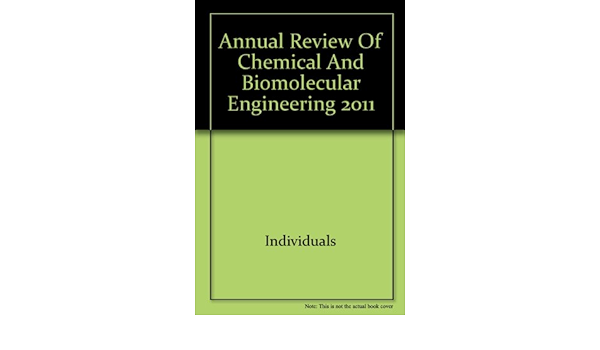Engineering Next-Generation CAR-T Cells: Overcoming Tumor Hypoxia and Metabolism.
IF 7.6
2区 工程技术
Q1 CHEMISTRY, APPLIED
Annual review of chemical and biomolecular engineering
Pub Date : 2022-06-10
DOI:10.1146/annurev-chembioeng-092120-092914
引用次数: 10
Abstract
T cells engineered to express chimeric antigen receptors (CARs) have shown remarkable success in treating B-cell malignancies, reflected by multiple US Food and Drug Administration-approved CAR-T cell products currently on the market. However, various obstacles have thus far limited the use of approved products and constrained the efficacy of CAR-T cell therapy against solid tumors. Overcoming these obstacles will necessitate multidimensional CAR-T cell engineering approaches and better understanding of the intricate tumor microenvironment (TME). Key challenges include treatment-related toxicity, antigen escape and heterogeneity, and the highly immunosuppressive profile of the TME. Notably, the hypoxic and nutrient-deprived nature of the TME severely attenuates CAR-T cell fitness and efficacy, highlighting the need for more sophisticated engineering strategies. In this review, we examine recent advances in protein- and cell-engineering strategies to improve CAR-T cell safety and efficacy, with an emphasis on overcoming immunosuppression induced by tumor metabolism and hypoxia.工程化下一代CAR-T细胞:克服肿瘤缺氧和代谢。
工程化表达嵌合抗原受体(CARs)的T细胞在治疗B细胞恶性肿瘤方面取得了显著成功,目前市场上多种美国食品和药物管理局批准的CAR-T细胞产品反映了这一点。然而,迄今为止,各种障碍限制了批准产品的使用,并限制了CAR-T细胞治疗实体瘤的疗效。克服这些障碍将需要多维CAR-T细胞工程方法和更好地理解复杂的肿瘤微环境(TME)。关键挑战包括治疗相关毒性、抗原逃逸和异质性,以及TME的高度免疫抑制特征。值得注意的是,TME的缺氧和营养缺乏性质严重削弱了CAR-T细胞的适应性和功效,这突出了对更复杂工程策略的需求。在这篇综述中,我们研究了蛋白质和细胞工程策略的最新进展,以提高CAR-T细胞的安全性和有效性,重点是克服肿瘤代谢和缺氧诱导的免疫抑制。
本文章由计算机程序翻译,如有差异,请以英文原文为准。
求助全文
约1分钟内获得全文
求助全文
来源期刊

Annual review of chemical and biomolecular engineering
CHEMISTRY, APPLIED-ENGINEERING, CHEMICAL
CiteScore
16.00
自引率
0.00%
发文量
25
期刊介绍:
The Annual Review of Chemical and Biomolecular Engineering aims to provide a perspective on the broad field of chemical (and related) engineering. The journal draws from disciplines as diverse as biology, physics, and engineering, with development of chemical products and processes as the unifying theme.
 求助内容:
求助内容: 应助结果提醒方式:
应助结果提醒方式:


